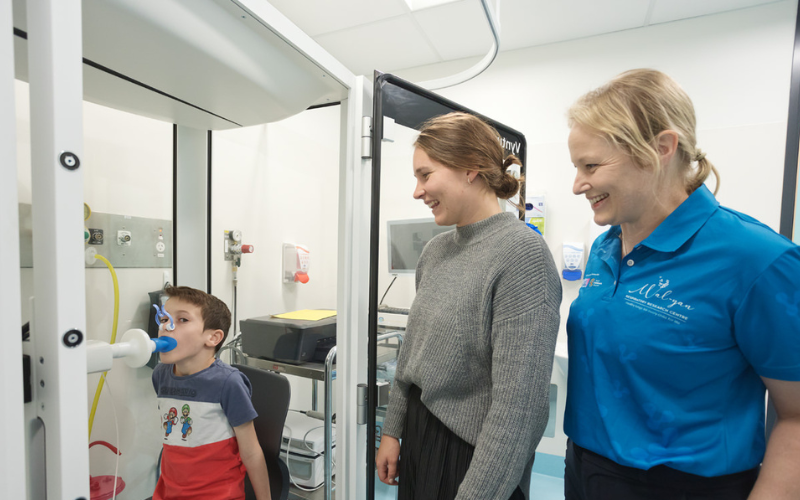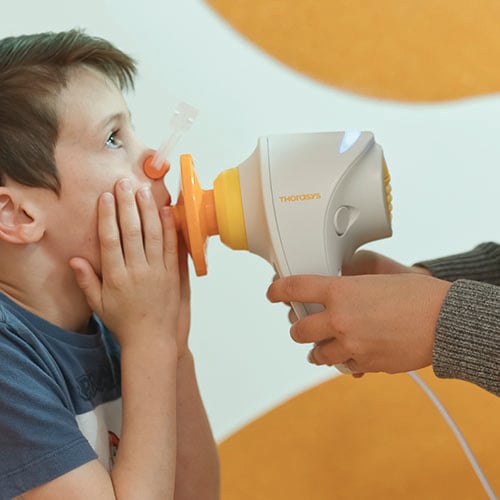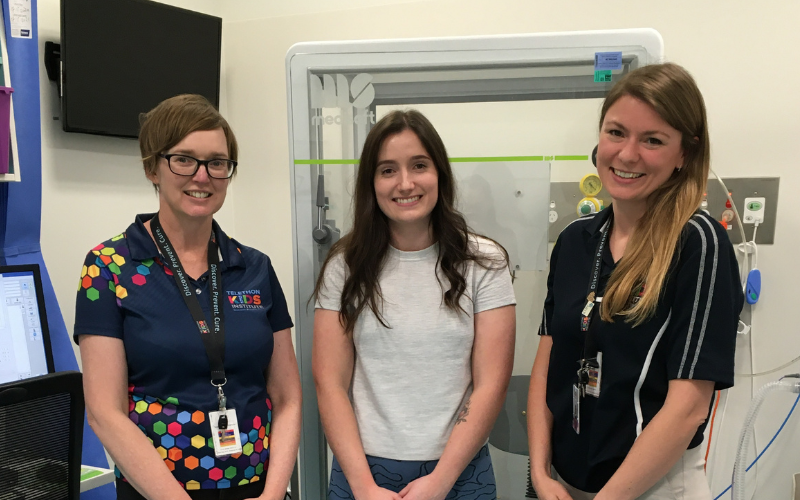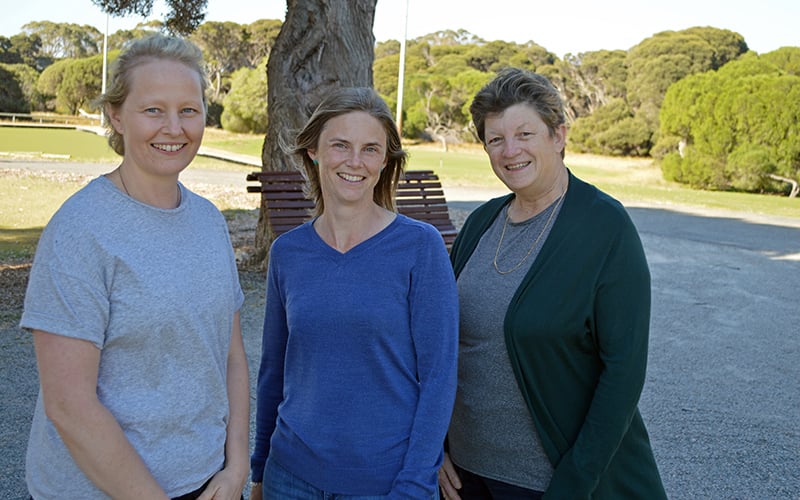Search
Showing results for "lung disease preterm"
Research
FINGERPRINT: FINdinG Early markers of Respiratory disease for survivors of PReterm birth which IdeNtify Treatable traitsThis research project will investigate the traits of preterm lung disease, looking into the long-term lung health of children born preterm, aiming to identify traits that could help guide better treatments in the future.
Research
Lung function following very preterm birth in the era of 'new' bronchopulmonary dysplasiaThe pathophysiology of BPD has changed in recent years as advances in neonatal care have led to increased survival of smaller, more preterm, infants who...
Research
Exercise training to address lifelong consequences of preterm birth: a survey of perceived needsThe identification of a COPD etiotype associated with preterm birth (COPD-developmental) has expedited calls for intervention strategies that may improve health outcomes for survivors of preterm birth (<37 weeks' gestation). Pulmonary-rehabilitation style training interventions achieve physiological and symptom improvement in older people with COPD, but whether similar training interventions are suitable for young people is unclear. We sought to understand the perceived need and requirements of an exercise training intervention for children, adolescents and adults born preterm.
Research
Lung function trajectories throughout childhood in survivors of very preterm birth: a longitudinal cohort studyLung function trajectories are impaired in survivors of very preterm birth

News & Events
Common asthma drug gives hope for better lung health for some preterm babiesA new study has found a common asthma drug is effective for some very premature babies who go on to suffer from lung complications.

A new study is helping to identify treatment options to improve the lung function of premature babies, after it was determined survivors of preterm birth were at risk of declining lung health.
Research
Increased prevalence of expiratory flow limitation during exercise in children with bronchopulmonary dysplasiaExpiratory flow limitation is more prevalent in children born preterm with bronchopulmonary dysplasia and is associated with airway obstruction

News & Events
New risk factor identified to help predict the long-term lung health of young adults born very pretermA study which set out to determine ways to predict the long-term lung health of young adults born very preterm has shown that a childhood history of respiratory hospital admission should be a key consideration in the management of preterm children and adults.

News & Events
Preterm respiratory researchers share what World Prematurity Day means to themPreterm researchers Dr Shannon Simpson (left) and Professor Jane Pillow (right) with Tony Sparks WA chairperson Amber Bates.
Research
Upper Airway Pathology Contributes to Respiratory Symptoms in Children Born Very PretermThe upper airway may play a role in the respiratory symptoms experienced by some very preterm children and should be considered by clinicians
